SUMMARY
This is AI generated summarization, which may have errors. For context, always refer to the full article.
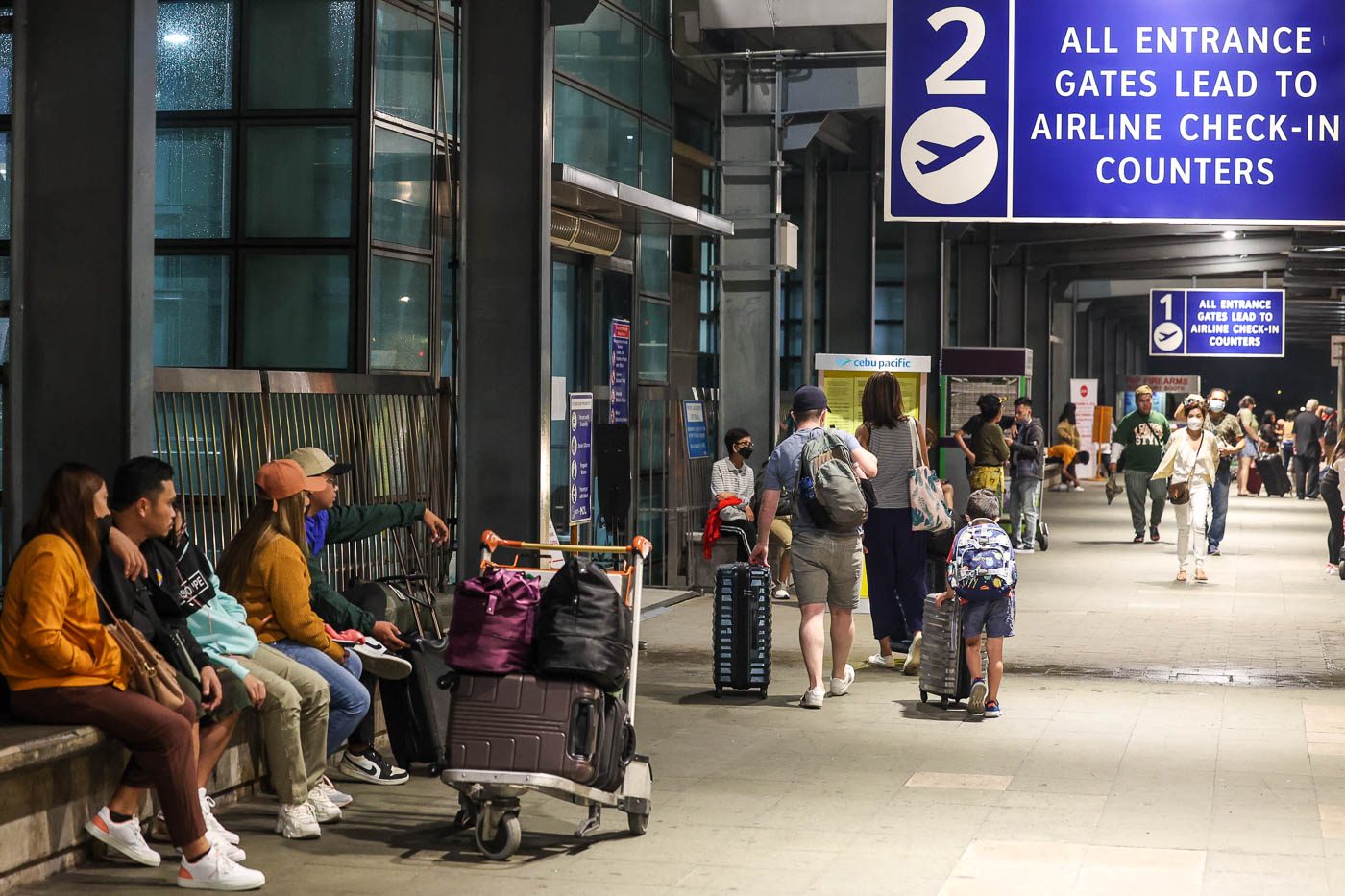
MANILA, Philippines – The privatization of the Ninoy Aquino International Airport (NAIA) may happen as early as the first quarter of next year, according to Department of Transportation (DOTr) Undersecretary for Aviation and Airports Roberto Lim.
“We can say that by the first quarter of next year, it is doable that there will be a conclusion, meaning to say an award that could possibly be proclaimed by the government,” Lim said in an ANC Headstart interview on Wednesday, June 7.
However, the undersecretary stressed that this would be a “tough and tight schedule,” as the timetable would include discussions with the different participants and an ocular inspection of the facilities conducted by the winning private concessionaire.
“There will be negotiations also as to specific terms and conditions. So, that takes time. And if there are more than one participant, we will have to talk to all of them in the process. So, it will take time,” he added.
Just last Friday, June 2, the DOTr and Manila International Airport Authority (MIAA) announced that it had prepared a joint proposal for NAIA’s rehabilitation through a solicited Private-Public Partnership (PPP) project. The proposal has been submitted to the National Economic and Development Authority (NEDA) board for approval.
The DOTr is also reviewing a separate P100-billion unsolicited proposal submitted by a super consortium of the country’s biggest conglomerates.
How much will the upgrade cost?
Under the government’s joint proposal, the winning private concessionaire will be required to upgrade the airport’s aging equipment and facilities – an investment that is expected to cost up to P141 billion.
“We also expect the winning bidder to make a commitment to invest in the facilities. So, we expect the total project cost is about P141 billion. That is the investment that is required to upgrade, rehabilitate, and expand NAIA,” Lim said.
Having the private sector handle these upgrades means that the government could save billions of pesos since expenses needed to support NAIA will no longer be included in the national budget.
Besides this investment commitment, the winning bidder must provide an upfront payment of around P30 billion, with annuity payments of around P2 billion. The total revenue generated from both commercial and non-commercial operations will also be shared between the private concessionaire and the government.
“Malaki din ‘yan (That’s also quite big). We expect around…in the billions, to receive billions from that. Because there’s a lot of upside when you operate NAIA and introduce efficiencies. And when you say introduce efficiencies, that means you can process more passengers. You can take in more flights,” Lim said.
In return, the winning private concessionaire will have 15 years to run the airport and recover its investment.
Who will own the airport?
Lim clarified that they can consider foreign bidders as part of the project, pointing to the amendments in the Public Service Act, which allows full foreign ownership of airport facilities.
Although the PPP project will transfer operations of NAIA to the private sector, the ownership of NAIA will not change hands.
“Most people ask, are we selling anything? No. All of these assets will continue to belong to the government. But it’s being granted as a concession. So, it’s like a franchise that you’re granting with terms and conditions for operating the public facility,” Lim said.
The project also does not include the management of the country’s airspace, which will continue to be handled by the Civil Aviation Authority of the Philippines.
Handing over the operations of the NAIA to the private sector would also loosen the “constraints that hobble a government-owned corporation,” according to Lim. NAIA is managed by the Manila International Airport Authority or MIAA.
“[A] government-owned facility is unable to really break away from the strict government procurement rules that slow down the process and allows a facility to respond quickly. You’re unable to really beef up. You know, MIAA, for example, has a plantilla dated 1988,” he said.
What about the employees?
Lim also emphasized that there would generally be no loss of employment following the PPP project. After the airport is privatized, employees will have a six-month period during which they will be offered employment.
“They’ll have to prove themselves in terms of their work competency and work habits,” he said.
When it comes to security personnel, the current law enforcement agencies will continue to provide the manpower. These include MIAA’s Airport Police Department, and the Philippine National Police’s Aviation Security Group.
However, the private concessionaire is expected to beef up the workforce with “highly technical personnel.”
“Now insofar as the private concessionaire is concerned, we would expect them not to replicate the existing workforce, but bring in the highly technical personnel that is needed to introduce the technology – in the terminal, in the control tower, and of course the management expertise that they also bring,” Lim said. – Rappler.com
Add a comment
How does this make you feel?
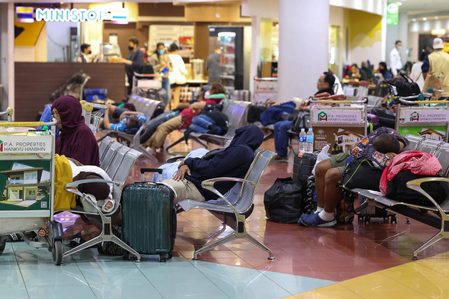


![[OPINION] Clark International Airport, one of world’s most beautiful airports, is badly underutilized](https://www.rappler.com/tachyon/2024/05/clark-airport-underutilized-may-28-2024.jpg?resize=257%2C257&crop=560px%2C0px%2C720px%2C720px)
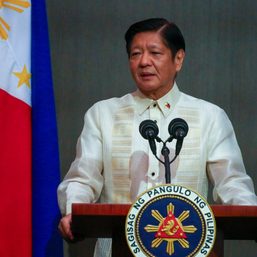
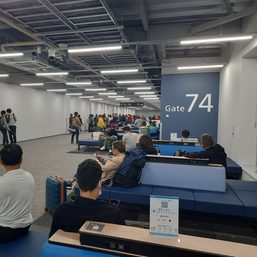


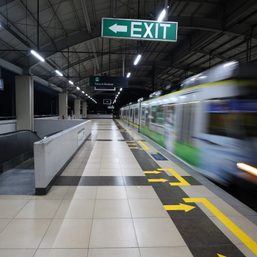

There are no comments yet. Add your comment to start the conversation.